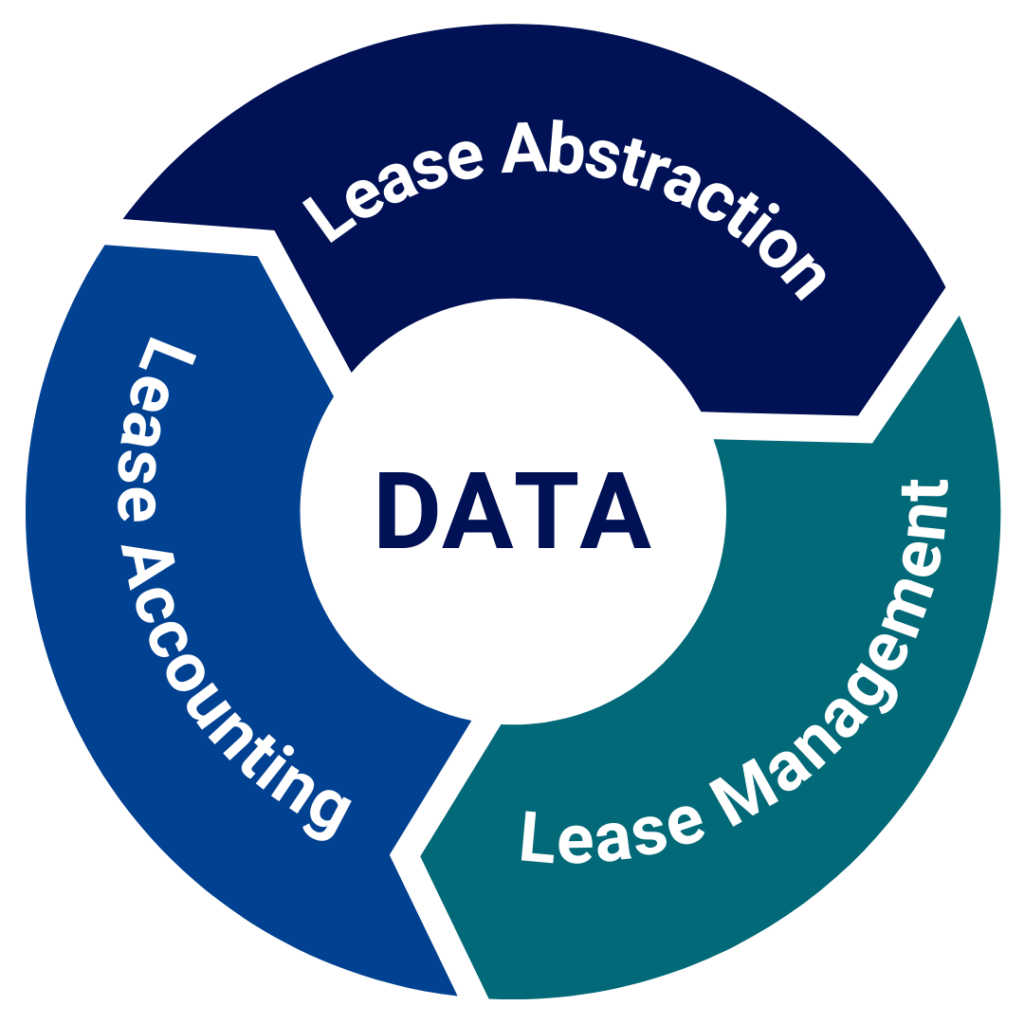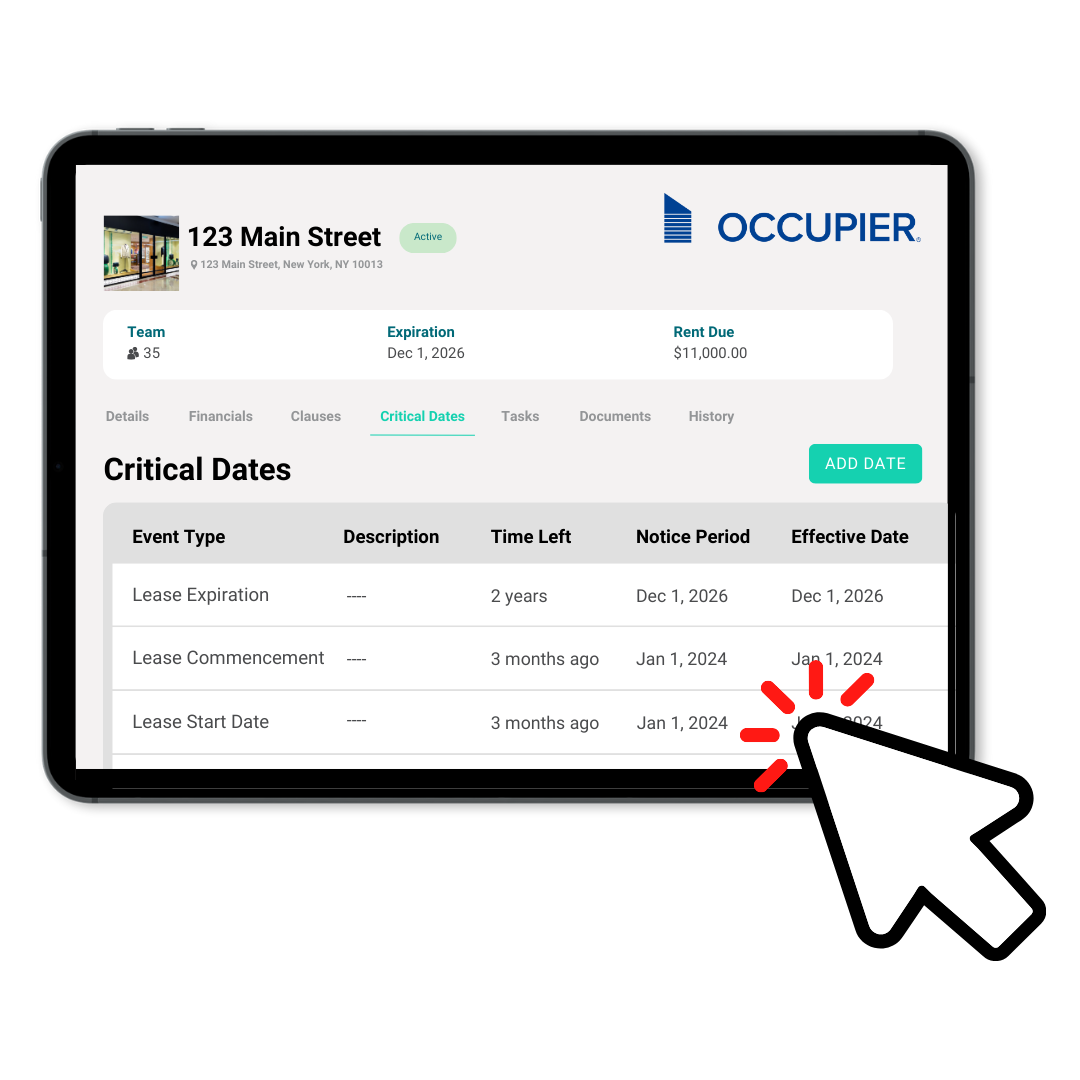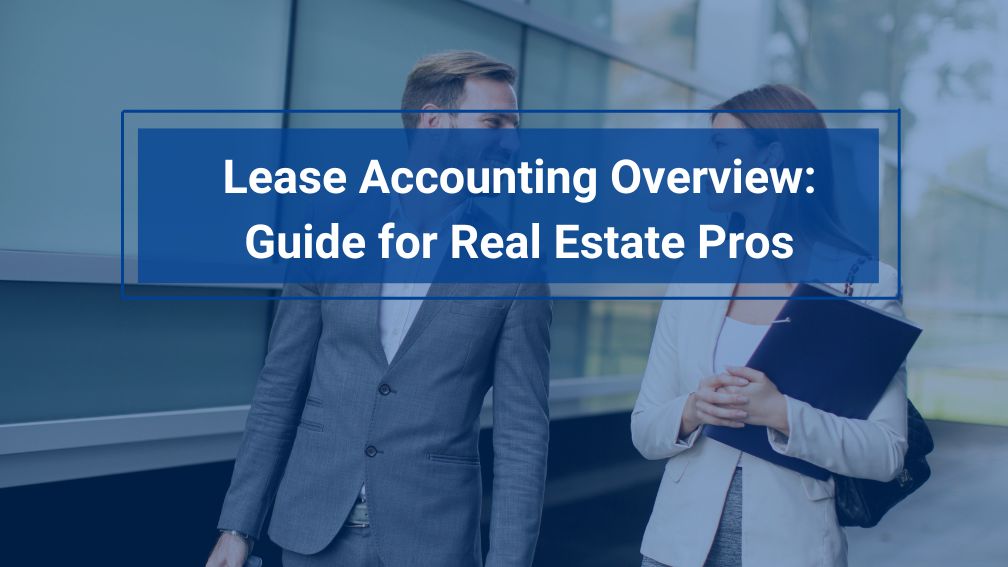Lease Accounting Overview: For Real Estate Professionals
Last Updated on April 25, 2024 by Morgan Beard
Lease accounting is a crucial aspect of the real estate industry that every professional in the field should be familiar with. Understanding lease accounting principles and regulations is essential for accurately reporting financial information and making informed decisions regarding your lease portfolio. In this comprehensive guide, we will explore the key concepts and considerations related to lease accounting, providing valuable insights for real estate professionals.
Introduction to Lease Accounting
Lease accounting refers to the process of recording and reporting lease-related transactions in an organization’s financial statements. Leases, which involve the use of an asset in exchange for periodic rental payments, can encompass various types of properties, including commercial buildings, office spaces, retail space and equipment. The accounting treatment of leases has evolved significantly over the years, primarily driven by changes in financial reporting standards.
Historical Perspective: ASC 840 vs. ASC 842
To understand the current lease accounting landscape, it’s essential to examine the transition from ASC 840 to ASC 842. ASC 840, the previous accounting standard, allowed for a distinction between operating leases and capital / finance leases. Finance leases were recognized on the balance sheet, while operating leases were treated as off-balance sheet items. This distinction often resulted in a lack of transparency and limited visibility into a company’s lease obligations and financial health.
Under the new standard, ASC 842, most leases are now required to be recognized on the balance sheet. This change aims to provide a more accurate representation of a company’s financial position and enhance the comparability of financial statements.
For real estate professionals, that means collaborating more closely with your accounting team and creating a single source of truth from which to create transparency across your lease portfolio.
Lease Accounting Implications for Real Estate Professionals
As a real estate professional, lease accounting has significant implications for your day-to-day activities and decision-making processes. Here are some practical applications of lease accounting principles in the real estate industry:
1. Lease Negotiations and Structuring
Understanding lease accounting can provide valuable insights during lease negotiations and structuring deals. Real estate professionals can assess the impact of lease terms, rent adjustments, and other provisions on the financial statements of both lessees and lessors. This knowledge enables more informed decision-making and negotiation strategies.
2. Lease Administration Processes
The lease administration data that you are tracking should flow into the lease accounting teams workflows. With lease assets and liabilities recorded on the balance sheet, real estate professionals should communicate lease obligations, rent financials, lease expirations, with their accounting counterparts.
3. Financial Reporting and Compliance
Lease accounting plays a critical role in financial reporting and compliance for real estate organizations. By adhering to the relevant standards, real estate professionals can ensure the accuracy and integrity of their financial statements, thereby maintaining regulatory compliance and meeting investor expectations.
4. Lease Analysis and Performance Evaluation
Lease accounting enables real estate professionals to analyze lease agreements and evaluate lease performance. By understanding the financial impact of leases, professionals can assess the profitability and viability of different lease arrangements, identify potential risks, and make data-driven decisions to optimize their lease portfolios.
5. Lease Accounting Compliance & Audit
Lease accounting compliance and audit are critical components of ensuring financial accuracy and transparency within organizations. With regulatory standards such as ASC 842 and IFRS 16 governing lease accounting practices, companies must adhere to stringent guidelines to avoid penalties and maintain investor confidence, posing the need for real estate to work closely with accounting.
Lease Management Tech Stack
Implementing an effective lease management tech stack that provides insights for brokers, real estate teams and accounting teams is more important than ever, especially with the lease accounting compliance standards.
At the core of this tech stack lies the necessity for a singular, comprehensive source of truth—a centralized hub where real estate and accounting teams can seamlessly collaborate and access vital lease data. This unified approach not only fosters streamlined communication but also ensures precision and consistency throughout the lease portfolio.
For real estate professionals, a centralized source of truth translates to effortless access to critical lease details, facilitating informed decisions regarding space utilization, lease renewals, and overall portfolio optimization. On the accounting front, it simplifies adherence to financial reporting standards, easing lease accounting complexities, and enabling precise budgeting and forecasting.

Occupier crafts lease management software that is built to power the entire lease lifecycle from — site selection to lease administration and lease accounting — ultimately offering a holistic platform tailored to meet the unique requirements of both real estate and accounting teams.
With Occupier, users can:
- Centralize Lease Data: Consolidate all lease documents and information into a searchable lease abstract within a secure repository, eliminating the need for disjointed spreadsheets or disparate systems.
- Automate Lease Administration: Streamline lease administration tasks such as rent calculations, expense reconciliations, and lease abstracting, thereby saving time and minimizing errors.
- Enhance Collaboration: Foster seamless communication and collaboration between real estate, accounting, and other stakeholders, ensuring alignment and transparency across the board.
- Ensure Accounting Compliance: Remain compliant with lease accounting standards such as ASC 842 and IFRS 16, leveraging built-in features to monitor and report on lease liabilities and right-of-use assets.
- Gain Actionable Insights: Harness advanced analytics and reporting functionalities to derive valuable insights into lease performance, cost analysis, and portfolio optimization strategies.
Lease Accounting for Real Estate Pros Conclusion
Lease accounting is a vital aspect of the real estate industry that no professional can afford to overlook. With the transition from ASC 840 to ASC 842, real estate professionals must familiarize themselves with the changes in lease accounting standards and adapt their practices accordingly. By understanding the provisions of ASC 842 and applying them effectively, real estate professionals can enhance financial reporting, streamline lease management processes, and make more informed decisions. So, dive into the world of lease accounting, equip yourself with knowledge, and gain a competitive edge in the dynamic real estate landscape.

Product Tour
Take a self-guided tour and see how the fastest-growing commercial tenants leverage Occupier for lease management & lease accounting.
